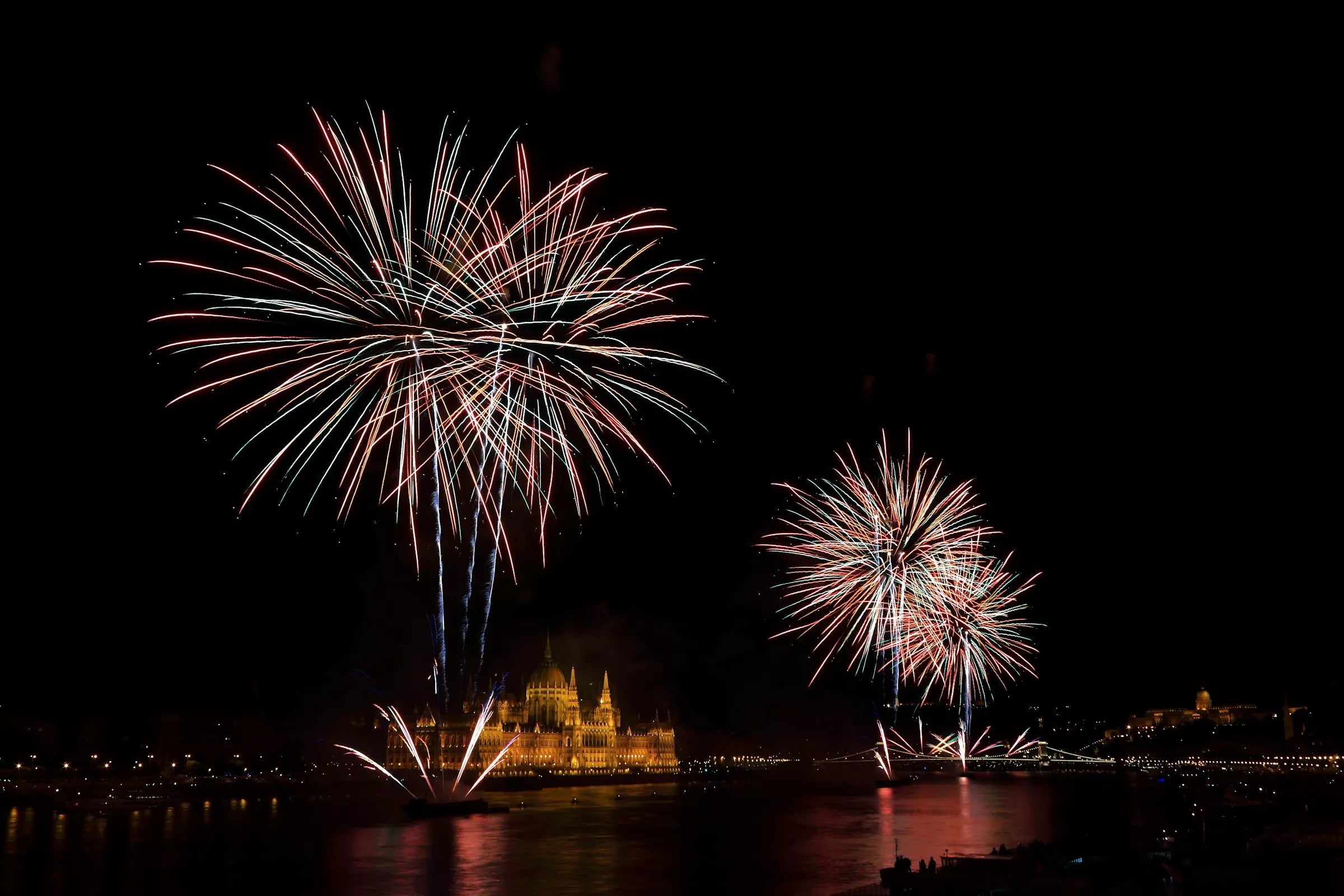As dog parents, we always want to ensure our furry companions are well-fed and happy. But when it comes to sharing our meals with them, particularly something as enticing as steak, it's essential to consider their health and well-being.
Can Dogs Eat Steak?
The short answer is yes, dogs can eat steak. However, the key lies in moderation and proper preparation.
Nutritional Considerations
When offering steak to your dog, it's crucial to understand their nutritional needs. While steak is rich in protein, which is essential for your dog's muscle health, it's also high in fat content.
- Protein Needs: Dogs require a diet rich in protein, and steak can contribute to fulfilling this requirement.
- Fat Content: Excessive fat consumption can lead to obesity and pancreatitis in dogs. Hence, it's vital to trim off excess fat before serving steak to your furry friend.
- Vitamins and Minerals: Steak contains essential vitamins and minerals like iron and zinc, which are beneficial for your dog's overall health.

Health Benefits and Risks
While steak can offer several health benefits to dogs, it also comes with certain risks.
- Benefits of Steak: The protein and nutrients in steak can support your dog's muscle development and overall health.
- Risks of Steak Consumption: High-fat content in steak can lead to digestive issues and weight gain in dogs. Additionally, bones in steak pose a choking hazard and can cause intestinal blockages if ingested.
Preparing Steak for Dogs
When preparing steak for your furry friend, opt for lean cuts and avoid using seasonings or additives that may be harmful to dogs.
- Cooking Methods: It's best to cook steak thoroughly to eliminate any bacteria that could be harmful to your dog. Avoid using excessive oil or butter.
- Seasonings and Additives: Steer clear of seasonings like garlic, onions, or salt, which can be toxic to dogs. Stick to plain, unseasoned steak.
Moderation is Key
While it's okay to treat your dog to steak occasionally, moderation is crucial. Overindulgence can lead to health issues in the long run.
Alternatives to Steak
If you're hesitant about feeding your dog steak or want to provide alternative protein sources, there are plenty of safe options available.
- Safe Protein Sources: Chicken, turkey, fish, and eggs are excellent alternatives to steak and offer similar nutritional benefits without the high fat content.
Consultation with Veterinarians
Before introducing steak or any new food into your dog's diet, it's essential to consult with your veterinarian. They can offer personalized advice based on your dog's specific dietary needs and health conditions.
Conclusion
While dogs can enjoy steak as an occasional treat, it's essential to consider their nutritional requirements and potential health risks. By offering steak in moderation and preparing it carefully, you can treat your furry friend while ensuring their well-being.
FAQs:
-
Can I give my dog steak every day?
It's not recommended to feed your dog steak every day due to its high-fat content. Occasional treats are okay, but moderation is key. -
Are there any seasonings I can use when cooking steak for my dog?
It's best to avoid using any seasonings, as many common spices like garlic and onions can be harmful to dogs. -
Can dogs eat steak bones?
No, steak bones can splinter and pose a choking hazard or cause intestinal blockages if ingested. It's safer to avoid giving your dog bones altogether. -
How should I store leftover steak for my dog?
Store leftover steak in an airtight container in the refrigerator and use it within a few days. Avoid leaving it out at room temperature for extended periods. -
Should I cook steak well done for my dog?
Yes, it's best to cook steak thoroughly to eliminate any bacteria that could be harmful to your dog's health.















Share:
Should Dogs' Teeth Be White?
Dog Breeds That Can Be Left Alone